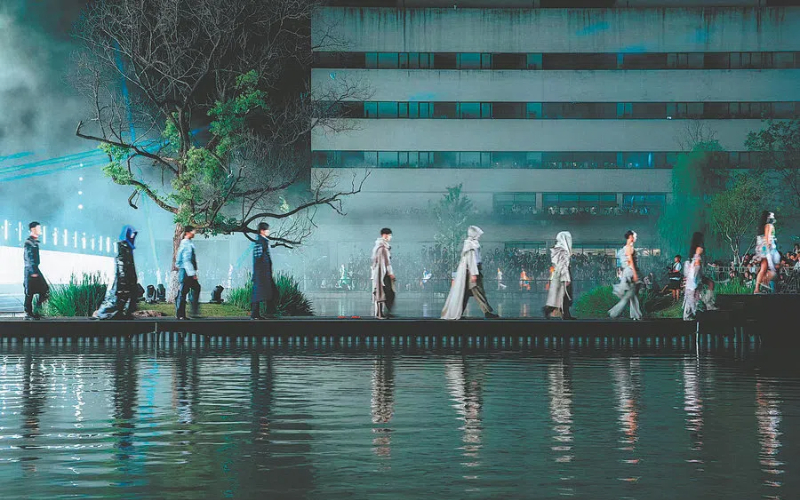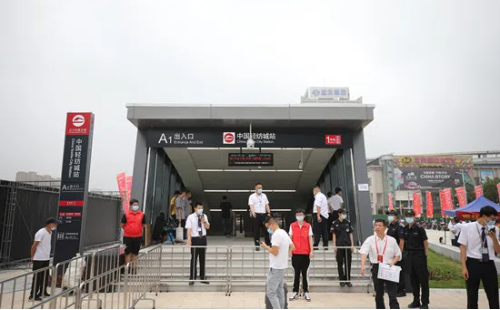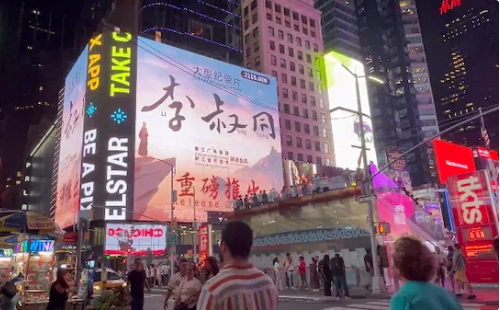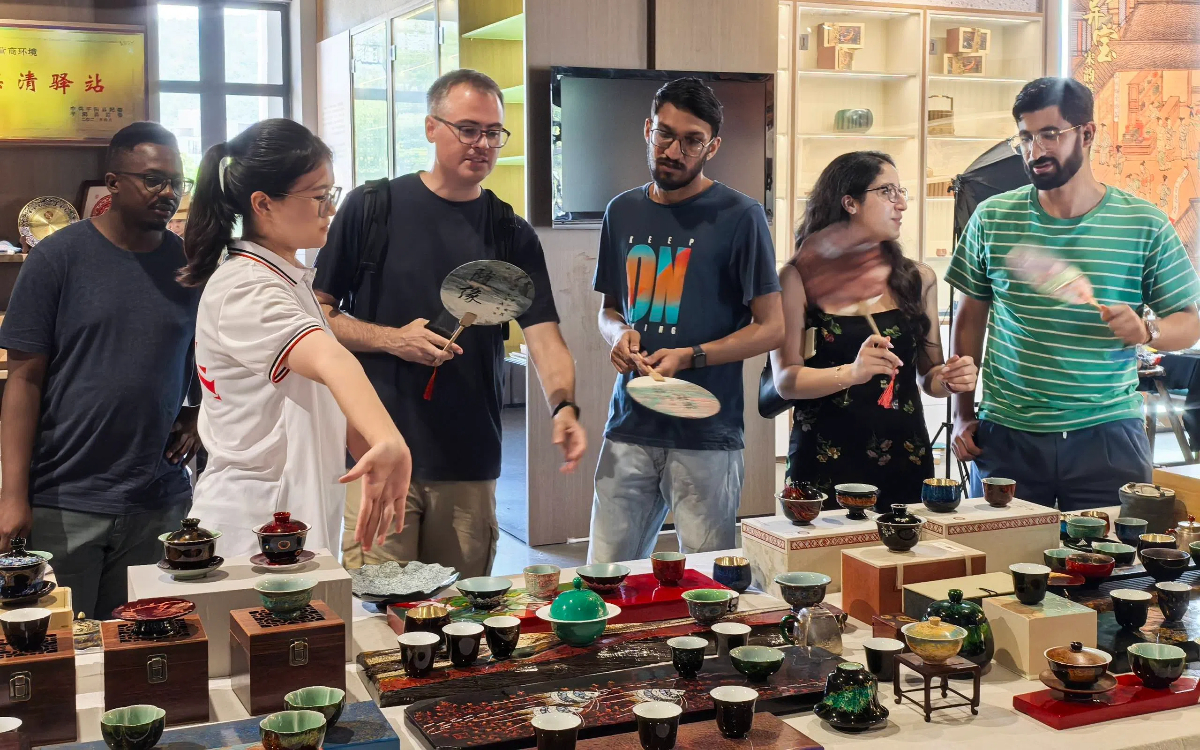Whispers of culture: Expats wander through Yuhang's timeless charms
Yuhang district in Hangzhou, nestled within East China's Zhejiang province, beckons with its rich history and vibrant traditions. On April 7, an expat delegation embarked on an enriching journey in Yuhang, immersing themselves in the allure of its historical culture and intangible heritage.
Their excursion commenced with a visit to the Liangzhu Museum. As a regional civilization that existed in the Yangtze River Delta region between 3300 and 2300 BC., Liangzhu culture stands as a testament to the over 5,000-year history of Chinese civilization and is revered as one of the treasures of world cultures.
Guided through the museum, the expats marveled at the exquisite jade artifacts and the ingenious water conservation system of Liangzhu culture.
When asked about the most impressive aspect, Denise Teise, a theater actress and acting teacher from Germany, exclaimed, "I think it is where you can really see how the people lived, and also the construction of the village. It's very interesting to see the village by myself."
"This is not my first time visiting Liangzhu," remarked Tungamirai Eric Mupona, a PhD student at Zhejiang University from Zimbabwe. "Every time when I come to Liangzhu, I think I get some new information. And it's been a learning process."
After the museum visit, the delegation delved into the intangible cultural heritage of Pingyao Old Street. They learned about the history and craft of making paper umbrellas, showing great interest in the meticulous handiwork. They even tried their hand at decorating the surface of paper umbrellas.
Their final stop was Jingshan village, renowned for Jingshan tea, a type of green brew steeped in a time-honored tradition.
As they wandered through the village, the global tourists were entranced by the picturesque scenery and crisp air.
In the village, the expats experienced the tea ceremony, another intangible cultural heritage item. Under the guidance of a tea master, they ground the tea leaves into powder, added water several times, and stirred with a tea whisk.
The Jingshan tea ceremony, together with over 40 tea-related traditions in China, was included in UNESCO's intangible cultural heritage list in 2022.
Upon completion, they adorned the surface with Chinese characters or drawings. Ekaterina Vorobeva from Russia chose to inscribe the Chinese character "爱 (love)" on her tea.
"Actually, for me, China is all about love now. Because I really love staying in China, traveling around China. And this trip for me is also about love, spreading love and culture, Chinese culture specifically. That's why I chose this character to write," she explained.





 play
play